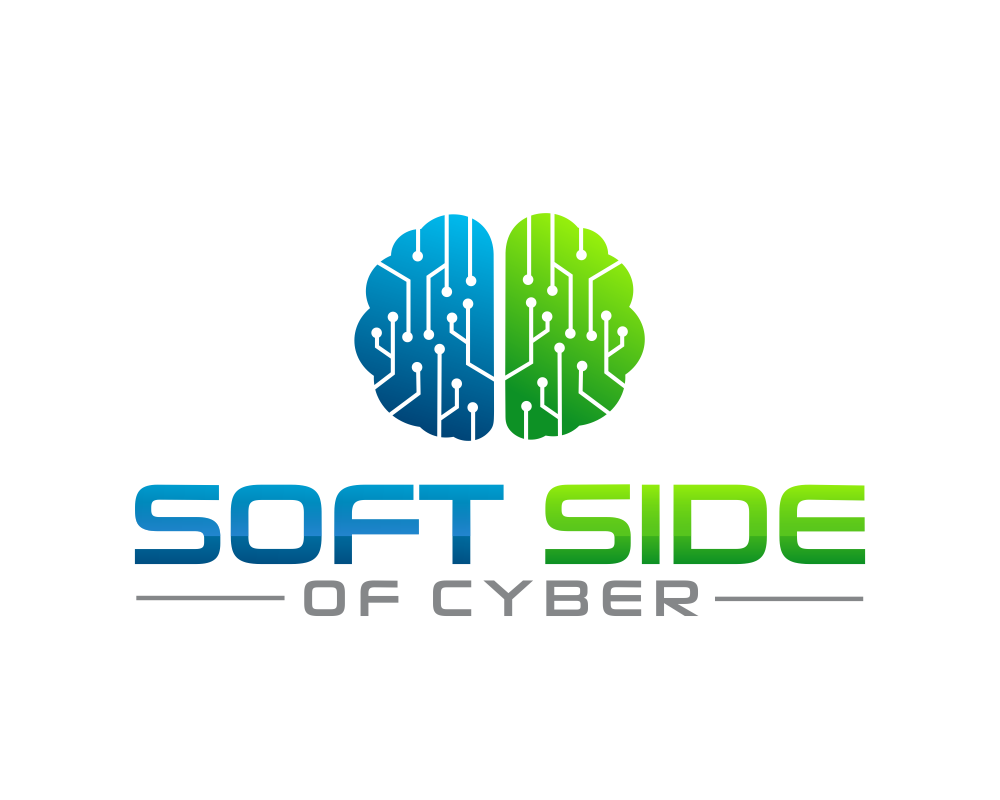
The Role of Empathy in Cybersecurity: Understanding the Attacker's Mindset
Hey everyone! Today, we're diving deep into the world of empathy in cybersecurity. You might be wondering, "Frank, why on earth would we need empathy for hackers and attackers?" Well, my friends, it's time to put ourselves in their shoes (or keyboards) for a moment and understand what makes them tick.
In cybersecurity, we often find ourselves playing an intense game of cat and mouse with attackers. They're out there, testing our defenses, looking for vulnerabilities, and trying to sneak past us. It's like a never-ending chess match, where each move could be the difference between success and breach.
Empathy for Hackers
Now, you might be thinking, "Empathy for hackers? That sounds a bit strange." But hear me out – empathy doesn't mean condoning their actions or letting them off the hook. It's about gaining a better understanding of their motives, tactics, and techniques. By putting ourselves in their shoes, we can gain valuable insights that help us stay one step ahead of their devious plans.
Hackers, like the rest of us, are human beings with unique backgrounds and experiences. Many of them started out with a genuine passion for technology and curiosity about how systems work, just like many of us. Some may have faced difficult circumstances that led them down a sorted path. It's crucial to recognize that not all hackers are malicious by nature. Some might be driven by curiosity, seeking recognition, or challenging the status quo.
In the cybersecurity world, we must think like hackers to catch hackers. Understanding their mindset enables us to predict their moves and develop better defense strategies. It's like being Sherlock Holmes, putting together clues to unravel their intentions and methods. By empathizing with hackers, we can detect patterns and stay ahead of the game.
So, how do we cultivate empathy for attackers without going to the dark side ourselves? First and foremost, we need to detach our emotions from the equation. Empathy doesn't mean sympathizing with criminals; it means being objective in analyzing their actions. We need to study their techniques without romanticizing or glorifying their exploits.
Empathy in Threat Intel
Engaging in threat intelligence is a fantastic way to develop empathy. By monitoring underground forums and staying up-to-date on the latest hacking trends, we can gain insights into the evolving threat landscape. Understanding the tools and tactics hackers use helps us recognize potential attack vectors and devise countermeasures.
Additionally, learning from past breaches can provide valuable lessons in empathy. Analyzing historical attacks and understanding the impact on victims can help us grasp the human cost of cybercrime. It reinforces our commitment to protect individuals and organizations from falling victim to such attacks.
Empathy in Pentesting
Empathy also plays a pivotal role in ethical hacking and penetration testing. Ethical hackers use their skills to identify vulnerabilities in systems and help organizations strengthen their defenses. By adopting the mindset of an attacker, they can identify potential weaknesses and provide recommendations to improve security.
When engaging in ethical hacking, it's essential to remember that our goal is to help, not harm. Empathy allows us to maintain the right perspective and approach our tasks with responsibility and ethics.
Empathy for our Coworkers
Finally, empathy extends beyond our interactions with attackers, it also applies to our relationships with colleagues and team members. The cybersecurity field can be stressful, and mistakes can happen. Emphasizing empathy within our teams creates a supportive environment where individuals feel comfortable sharing their experiences and learning from their errors. A compassionate team is a resilient team, ready to tackle any challenge that comes their way.
Conclusion
In conclusion, empathy in cybersecurity is a powerful tool that helps us understand the attacker's mindset, anticipate their moves, and develop robust defenses. It's not about sympathizing with criminals but rather gaining insights into their motives and techniques. By thinking like hackers, we can stay one step ahead in this ever-evolving cybersecurity landscape. So, let's embrace empathy and continue to be the defenders that protect our digital world!
